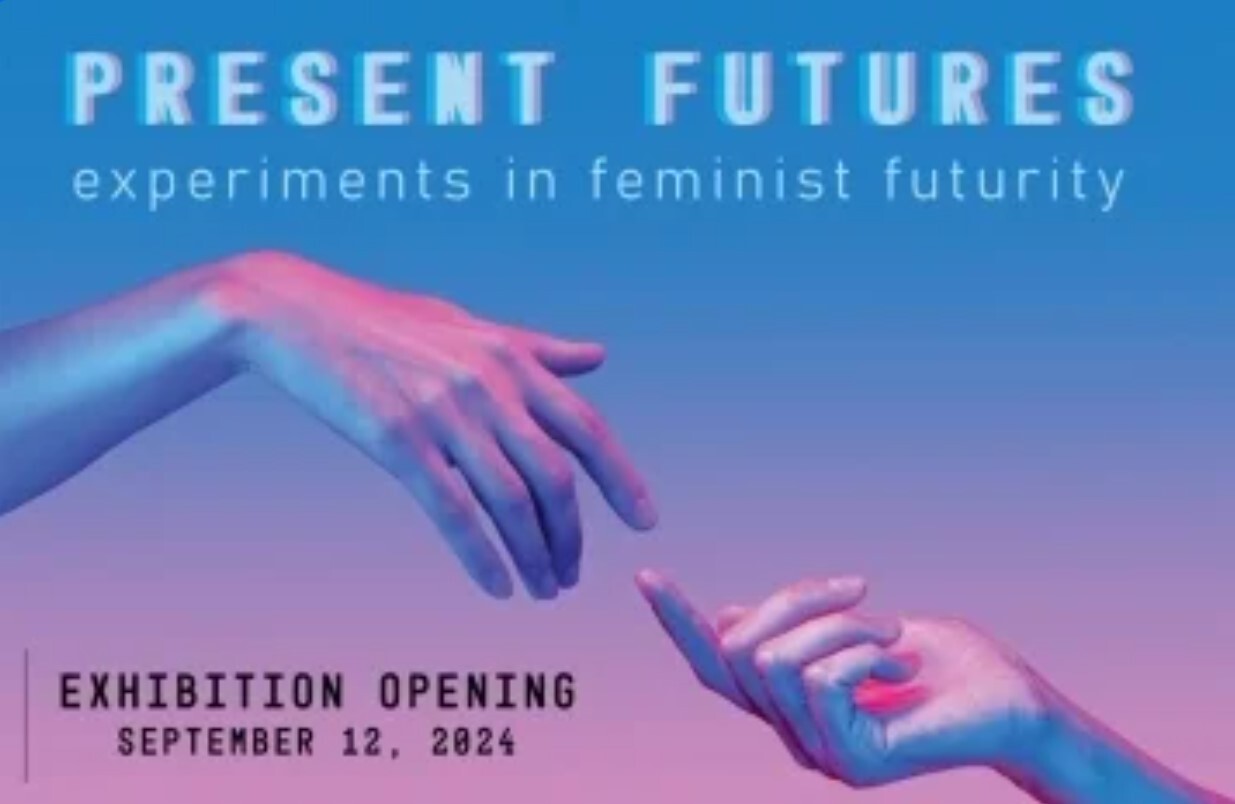The speaker Hana Masri, is a CARGC postdoctoral fellow at the Annenberg School. She earned her Ph.D. in rhetoric and language from the Department of Communication Studies at the University of Texas at Austin in 2020.
This presentation examines material waste’s role in shaping broader discourses about which lives have value and which, like trash itself, are deemed disposable. Addressing case studies ranging from the politics of wastewater infrastructure in Gaza to migrant communities organizing against environmental racism in the U.S.-Mexico borderlands to large scale uprisings against the Lebanese government spurred by its failure to manage the country’s garbage, the presentation focuses on how embodied sensation, like smell, can both communicate human disposability and motivate collective political action. These case studies affirm the rhetorical function of matter across transnational contexts and also evidence a need to attend to the ways racial, colonial, and capitalist hierarchies of human value are embedded in and contested by nonhuman communication. By turning to the smell of waste as a communicative force that confounds traditionally upheld boundaries between material and symbolic (consequently spurring otherwise unlikely social movement coalitions), Masri argues that more-than-human material communication is constitutive of — rather than a break from — the sociopolitical and rhetorical systems that make certain groups of people less-than-human.

